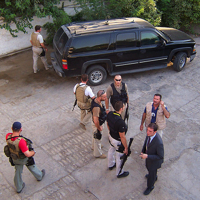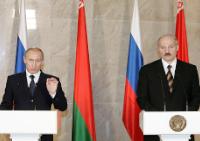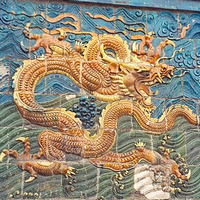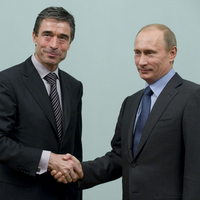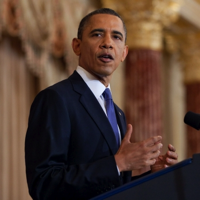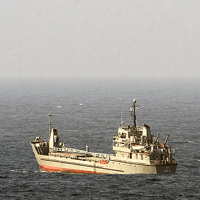
In an extraordinary development, Iran deployed submarines to the Red Sea last week, prompting fears that the Islamic Republic is engaging in another brazen show of strength. Although Tehran has long been convinced of its regional supremacy, this is the first time that Iranian submarines have been sent into the Red Sea — previously off-limits to Iranian naval ships. Reports suggest the submarines are accompanying warships of the Iranian navy’s 14th Fleet, with the ostensible purpose of their mission to collect data in international waters and carry out surveillance against suspicious activity. But there might be more to the deployment […]


